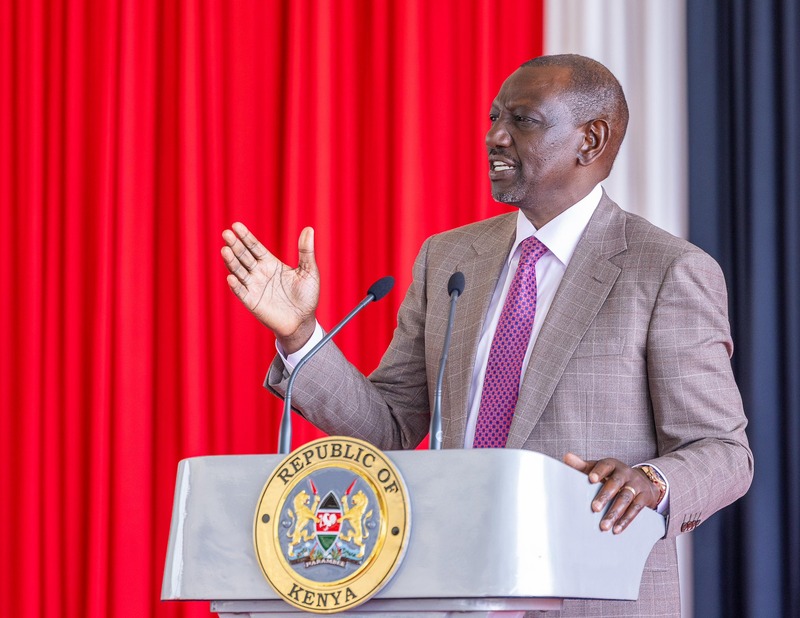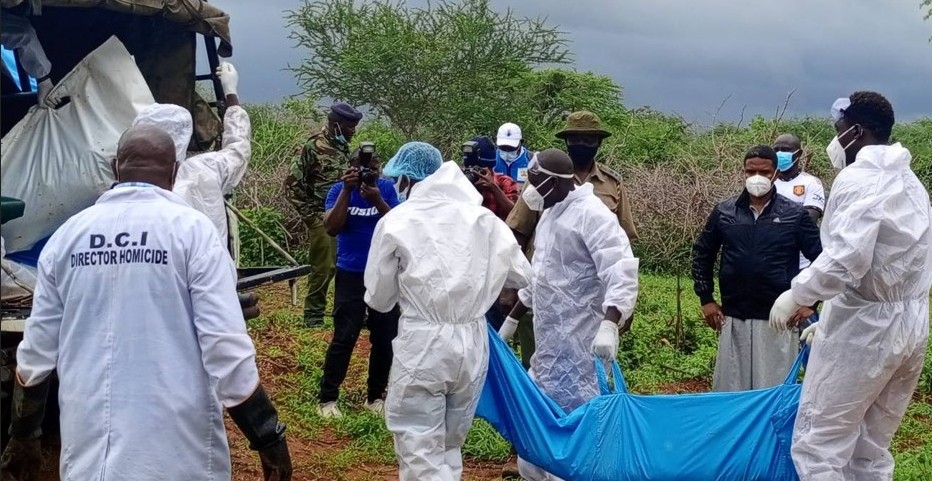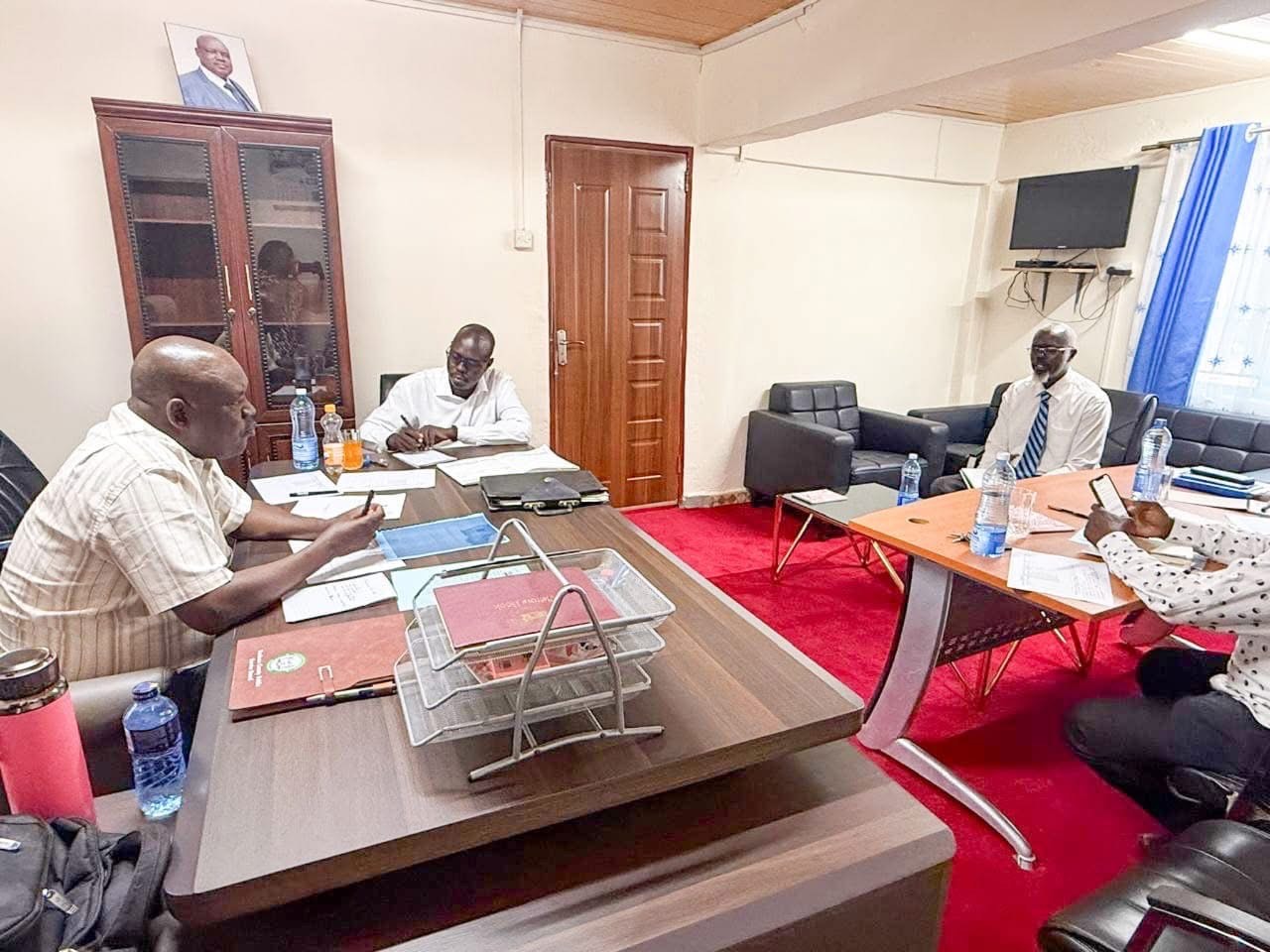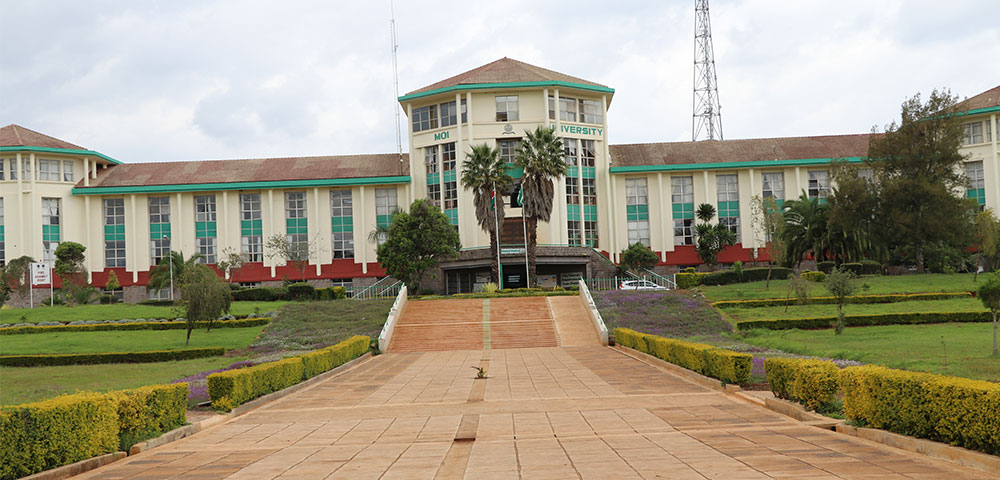Trial set for 3 Kenyans accused of importing drone for Al-Shabaab use

The Anti-Terror Police Unit (ATPU) arrested Shueib Rashid Haji, Dekow Sheikh Abdirahman, and John Kibe Kahiga on October 27, 2023, averting potential acts of terrorism.
Three Kenyans accused of attempting to import a drone from South Africa for use by the Al-Shabaab terror group will stand trial at the Kahawa Law Courts in Nairobi from March 6.
The Anti-Terror Police Unit (ATPU) arrested Shueib Rashid Haji, Dekow Sheikh Abdirahman, and John Kibe Kahiga on October 27, 2023, averting potential acts of terrorism.
More To Read
- Kenya marks 27 years since 1998 US embassy bombing with renewed pledge to fight terrorism
- Kenya's real estate boom under scrutiny amid rising money laundering, terror financing cases
- Tension as Somali intelligence officials kill Kenyan police officer at border
- Rwanda to introduce drones to monitor road accidents, traffic violations
- Terror attacks in Kenya declined by 6.5 per cent in 2023, new report reveals
Senior Principal Magistrate Boaz Ombewa presided over their arraignment on November 30 that year, charging them with eight counts including conspiring to commit a terror attack, provision of property and services for terrorism, and acquisition of restricted goods. The restricted goods in question include a DJI Matrice drone imported from South Africa.
Shueib and Dekow are facing three charges each, while Kibe is facing two related to conspiring to acquire the drone to commit a terrorist act and unloading unrestricted goods post-importation.
Last Wednesday, the court issued further directions in the case, setting a pre-trial mention for February 26 and the main hearings for March 6 and March 8.
It is alleged that Dekow, an employee of ASCC Logistics in Nairobi, and Kibe, a clearing and forwarding agent based in Lungalunga, facilitated the clearance of the drone consignment. Shueib, a resident of Hargadera Refugee Camp, was allegedly the intended recipient of the drone.
The DJI Matrice drone is known for its advanced features, including high-performance sensors, hybrid zoom capabilities, and a range of up to seven kilometres. Despite being designed for civilian use, the drone's connection to Chinese military companies flagged by the US State Department of Defense last year raises concerns about potential misuse.
DJI responded to the allegations, stating, "DJI is not a military company in China, the United States, or anywhere else."
The company emphasised its commitment to regulatory compliance and denied responsibility for the misuse of its drones once they leave its control.
Drones, also known as Unmanned Aircraft Systems (UAS), have become essential tools for various purposes, including data collection, security, entertainment, agriculture, and climate change mitigation. However, misuse by criminals poses a significant threat, leading governments to regulate their use.
In Kenya, the Civil Aviation Act outlines strict regulations governing the import, ownership, and operation of drones. The Kenya Civil Aviation Authority (KCAA) issues permits and can cancel them if owners violate regulations or intend to register their drones in another state.
With the proliferation of drones in the country, the KCAA last year confirmed the licensing of 200 of them and declared the rest illegal. Violators of drone regulations face hefty fines of up to Sh2 million or six-month prison sentences, or both.
Top Stories Today













































